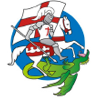Reading
Reading at St George's
At St George’s the English National Curriculum is taught through all areas of the curriculum. Reading is at the heart of our curriculum and all of our children have access to a range of high quality literature. There is a progressive English curriculum that begins in Foundation 1.
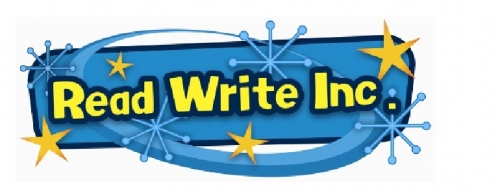
Read Write Inc - Read Write Inc is a phonics-based programme that is introduced in F1. The aim is to develop the basic literacy skills in phonics, reading, spelling and writing. Children access a daily RWInc lesson until they are able to read fluently; this is usually by the end of year one or the first term of year 2. Some children will continue with RWInc as an intervention into KS2.
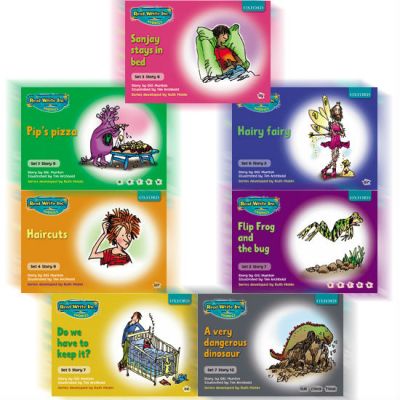
English Curriculum - Across the school, teachers will plan units of work that link to high quality texts. These texts form part of our essential reading spine. The units follow the sequence of learning: Immerse, Analyse, Plan, Write. Time is spent ‘hooking’ the pupils into the reading with an aim to get them excited about the text and the learning that follows. Vocabulary is a focus of all lessons at St George’s. Pupils are introduced to new vocabulary and encouraged to use these words in their speaking and their writing. There will be opportunities to study words and play games with words to develop language skills. Grammar is embedded throughout the English Curriculum and is also taught in discrete lessons.

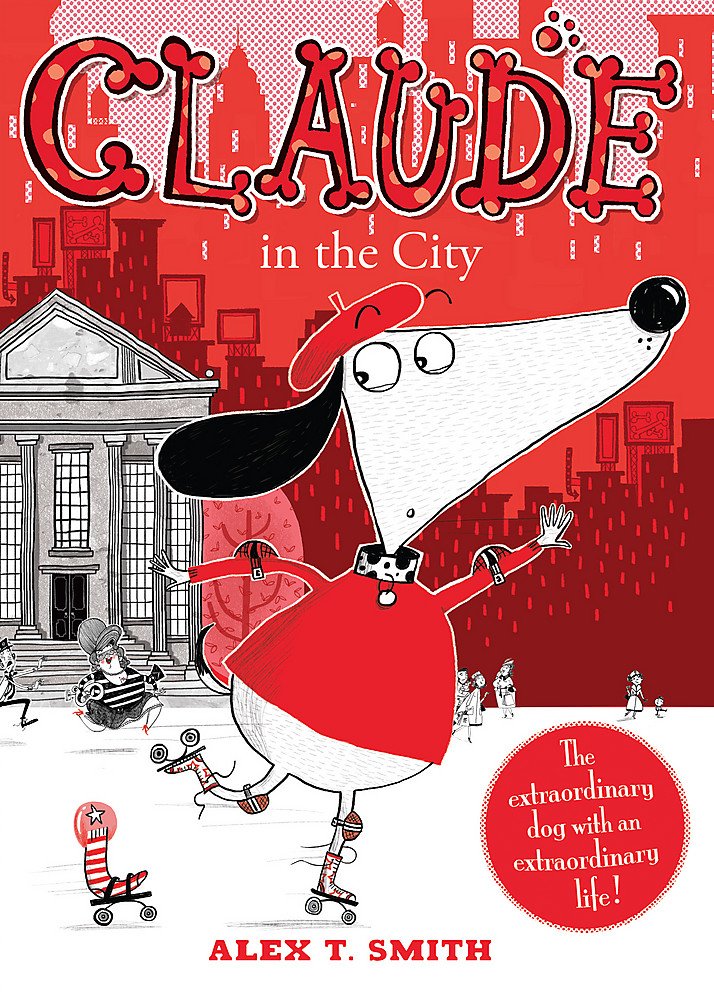

Oracy - Oracy skills are also developed throughout the curriculum with pupils being given regular opportunities to present themselves; this may take the form of formal presentations or class/group discussions.Over the year, children develop differenct oracy skills relating to the following four strands: Physical, Lingustic, Cognitive and Social and Emotional.

Shared Reading – Shared reading is used for the Immerse and Analyse phase of the book study. A range of reading strategies are developed through shared reading sessions. We use the acroymn VIPERS. (Vocabulalry, Inference, Prediction, Explanation, Retrieval and Sumamrise) Each skill is explored during sessions to develop overall reading comprehension. Pupils are also able to access texts that are beyond their own reading level. Each class has a class novel that is read to the children and they use this to continue to develop reading strategies and vocabulary. We have some sets of class books.

Modelled Writing – Writing is developed by linking to high quality texts. Once the pupils have been immersed in the text, and the vocabulary, they are then able to use these skills to develop their own writing. Teachers use a technique called ‘Sentence Stacking’ to model the writing process with their pupils. Once they have been able to go through this modelled process they are then able to put all of the skills into practise and complete their own independent writing.
Editing and Re-drafting – Pupils are encouraged to proof read their work daily and check for non-negotiables. This happens across all of the curriculum subjects and is completed using a green pen.During Independent writing children are encouraged to re-draft their work and make improvements to punctcuation, grammar, spelling or vocabulary.
Guided Reading – F2-Y2 have weekly guided reading sessions. This is an opportunity for the teacher to work with small groups of children reading the same text. They will work on developing different reading strategies and the teachers will use this as an opportunity to make assessments to inform their teaching.
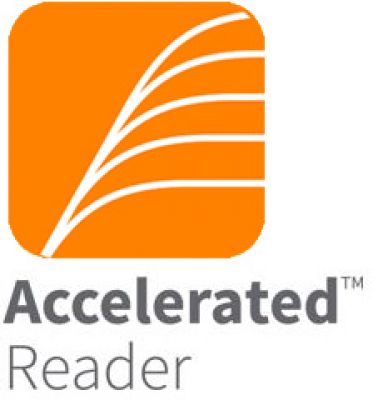
Accelerated Reader – All pupils in KS2, and some pupils in year 2, have 20-30 minutes of independent reading time at least 4 times a week. All pupils are assessed, via an online quiz, and given a ZPD (zone of proximal development). This suggests the readability-level range from which a pupil should be selecting books for optimal growth in reading without frustration. Each time they finish a book they are able to take an online quiz. The teacher is able to analyse the quiz data and target children who may need support with their reading. During the daily lessons the teacher and teaching assistant will read with individual children. The aim of these sessions is to develop fluency of reading and to develop a positive reading culture in school. Children are able to suggest books that they would like the school to purchase and are able to also read books from the library or from home. Data is analysed weekly by class teachers to support their daily teaching.
Please see the file at the bottom of this page for more information about using Accelerated Reader at home or click here.
MyOn Online Library - Children are able to access lots of books online by using our school subscription to MyOn. They can log on to www.myon.co.uk. They are able to select books to read and then link to their Accelerated Reader account and complete a quiz. Teachers and students can track their progress. To find out more about MyOn see the video attached to this page or click here.
Interventions:
Speech and language: Talk About Town.'
RWInc 1:1
IDL
Lexia
Spelling Shed
Extra guided reading and comprehension groups

Home Reading
All children are encouraged to read regularly at home. In EYFS they take home their books weekly. They take home their decodable reading books and a book to share. For the rest of the school, the expectation is that pupils will read at least 4 times a week at home. Any home reading is recorded in their reading log. In KS1 the children take home book banded books. In KS2 the children take home Accelerated Reader books. Expectations for home reading is explained at the beginning of the year in the transition meetings and in newsletters.
Pupil Voice
St George’s believes that all pupils should have a voice. There are two Reading Ambassadors in each class. These pupils have termly meetings. During these meetings, they have an input into how we can develop reading and are able to put forward their suggestions. Some suggestions have been to have books outside at playtimes, more non-fiction books in classes, ideas for World Book day, recommended reading lists in classes and fundraising ideas. They are also asked to report on the opinions of the children in their classes.
Reading Events
To encourage a love of reading we ensure that every year group has a visit from an author, at least once during the year. This may also include a book sale. We also have strong links with Wallasey Village Library.
Other reading events include:
Books for Bedtime
Stay and Read
Author days (i.e Roald Dahl Day)
Mystery Reader
Book Bus – commission used to fund books for school
Author workshops
Curriculum linked story telling
Reading Breakfasts at the library
Read Write Inc workshops for parents
Accelerated Reader open sessions for parents
Oxford Owl is an award winning website to help support your children's learning, both at home and school. As well as many helpful tips and activities you can access over 250 eBooks. In EYFS and KS1 children are able to log onto their own accounts and the teachers can assign books to them. We also subscride to the Read Write Inc elibrary. Children can read the books that they have been reading in their lessons at school and complete an online quiz.

READING LISTS
We are often asked for suitable texts for children so each year group has produced a recommended reading list. Children do not need to read every book on the list but it can be used as a guide when choosing books from the library or purchasing books. Some children may prefer to read digital texts from an iPad or tablet. You will find our reading list files available to download below.

